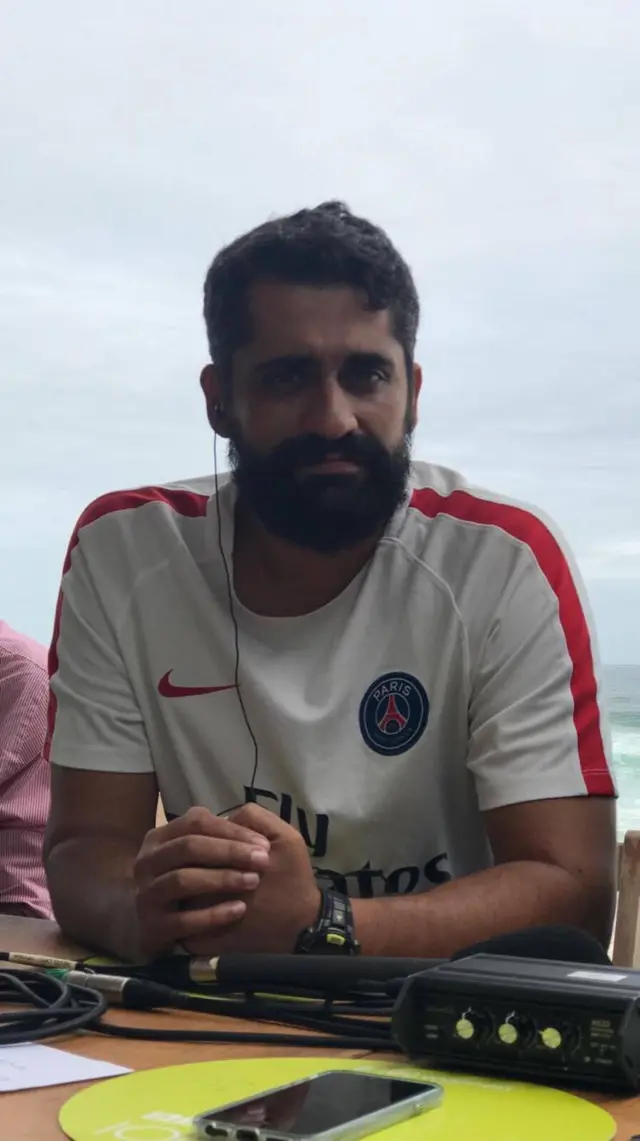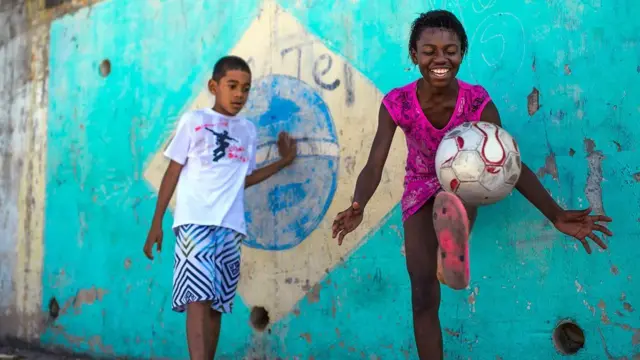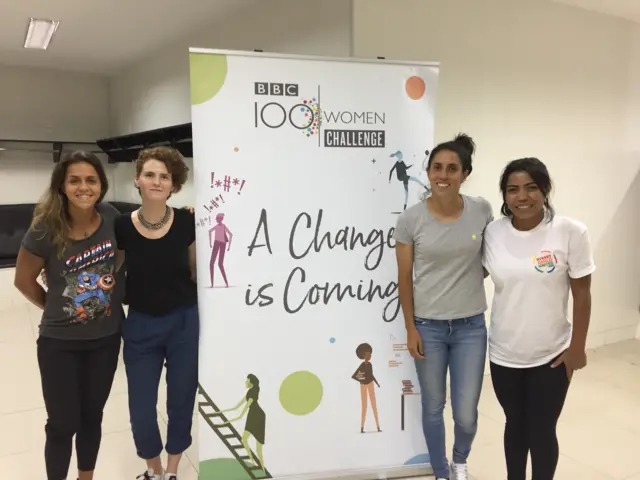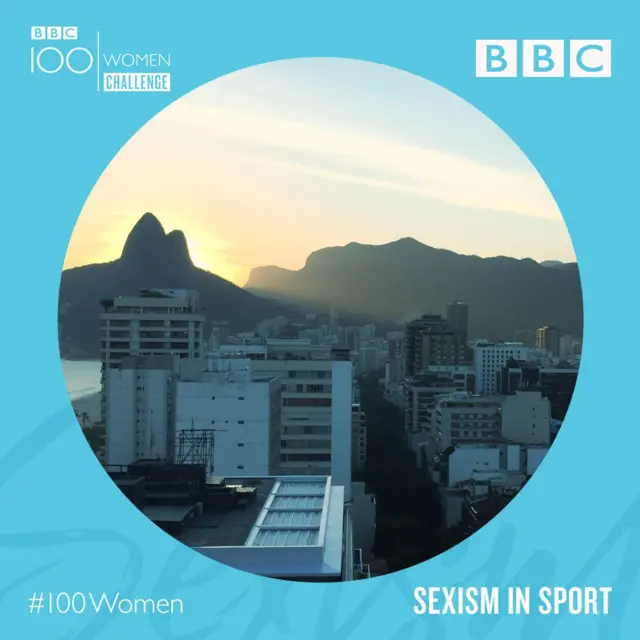'Open your sports newspaper, do you see women?'published at 17:57 BST 24 October 2017
Renata Mendonca is a BBC journalist and one of the founders of Dibradoras ("dribbler girls"), a Facebook group for female football fans.
She says media coverage in Brazil is almost totally focused on men's sports.
Quote MessageNinety-seven percent of the sports media coverage is focused on men’s sports. Only 3% of the media sports coverage is talking about women’s sports. Therefore you don’t have the same investment because sponsors want visibility. I invite you guys if you go home and watch the sports news or open your sports newspapers you will see only men in the pictures. And if you see women, it will be pictures of the footballers’ girlfriends."
Renata Mendonca
Allow X content?
This article contains content provided by X. We ask for your permission before anything is loaded, as they may be using cookies and other technologies. You may want to read X’s cookie policy, external and privacy policy, external before accepting. To view this content choose ‘accept and continue’.



